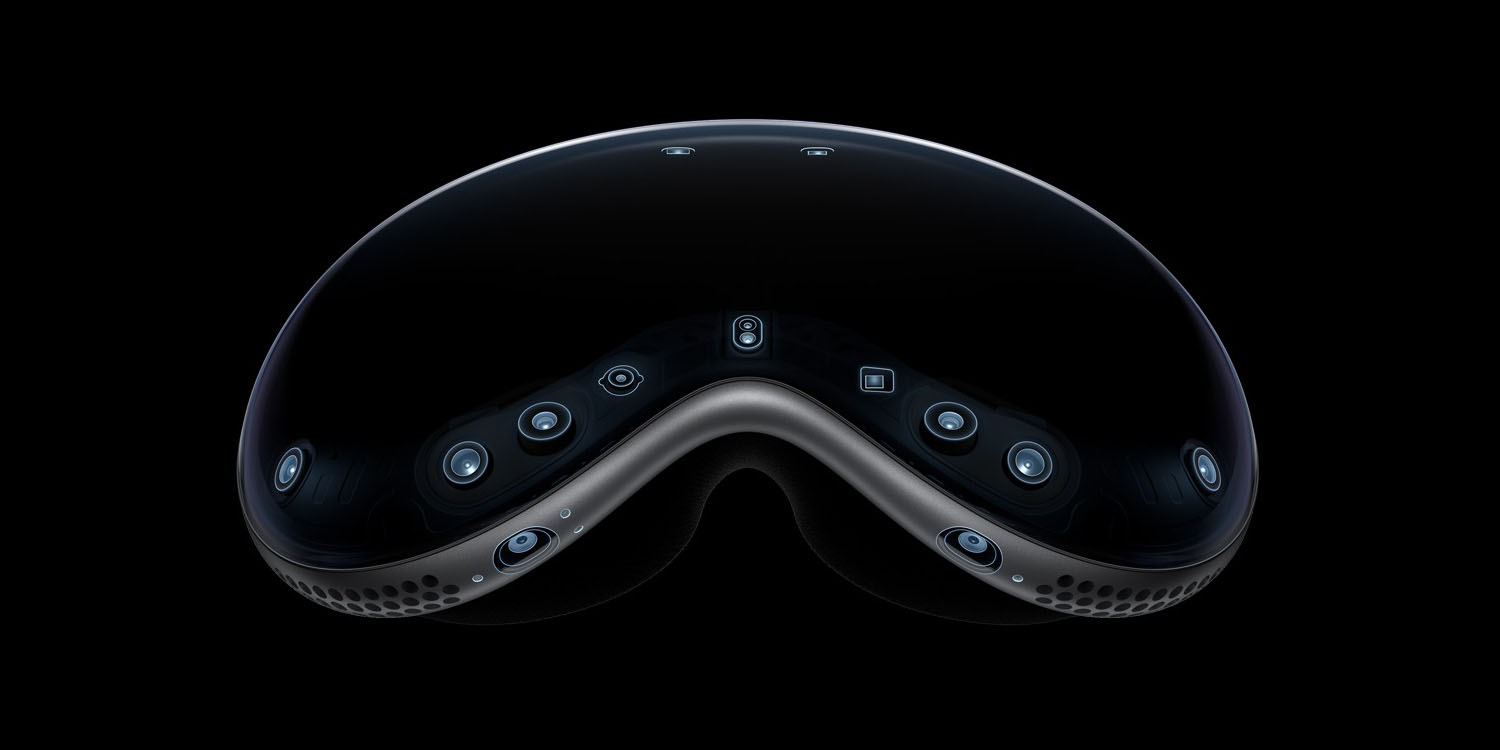
Apple Vision Pro has a number of robust privacy protections in place, including limitations on how third-party developers can access camera data. A new report from The Information today explores how Apple’s fear of Vision Pro having a Google Glass-level privacy outcry have impacted third-party developers.
As a refresher, Vision Pro developers do not have access to the device’s camera feeds. Instead, third-party apps can request to access “surroundings data.” This is built around a three-dimensional model that uses a combination of camera and LiDAR data to map the area around you.
According to former Apple employees cited by today’s report, Apple has put a strong focus on Vision Pro privacy, in part, to avoid Vision Pro becoming the next Google Glass:
The company is one of the most vocal in the tech industry about the importance of privacy and is the most hyperprotective of its brand. Former Apple employees say Apple wants to avoid what happened to the Google Glass, a wearable device that caused a huge outcry over a decade ago because the presence of a camera on the product made people uncomfortable around others who were wearing them.
These restrictions, however, have impacted the ability for some developers to make Vision Pro apps.
That’s the view of Antony Vitillo, an AR and virtual reality developer behind the fitness game HitMotion: Reloaded for Meta Platform’s Quest. He would like to get access to the Vision Pro’s camera so he can build a version of HitMotion for the Vision Pro that lets users interact with real-world objects such as a punching bag.
“People are doing a lot of experiments with AI and mixed reality,” he said. “The mixture of the two would be great, especially on the Vision Pro, as it’s a premium device and should have premium features. I think it would be a really great way to unlock more of its functionality.”
The report also includes an example from Kalani Helekunihi, an AR developer who “builds apps for older adults and people with disabilities.” Helekunihi says that the restrictions on camera access have prevented him from shipping a Vision Pro app that would “people with limited vision a description of their surroundings and act as a virtual cane that warns them when they’re approaching obstacles.”
9to5Mac’s Take
I’m hesitant to put too much stock into this report, which cites only two examples from developers about how the Vision Pro privacy restrictions impact their apps. Apple put these privacy practices in place for a reason. I personally take solace in the fact that any developer can’t access the camera feeds from my Vision Pro.
Perhaps there’s a better balance that could be struck in the long run, but I’m glad we are erring on the side of caution for now.
Follow Chance: Threads, Twitter, Instagram, and Mastodon.
FTC: We use income earning auto affiliate links. More.


